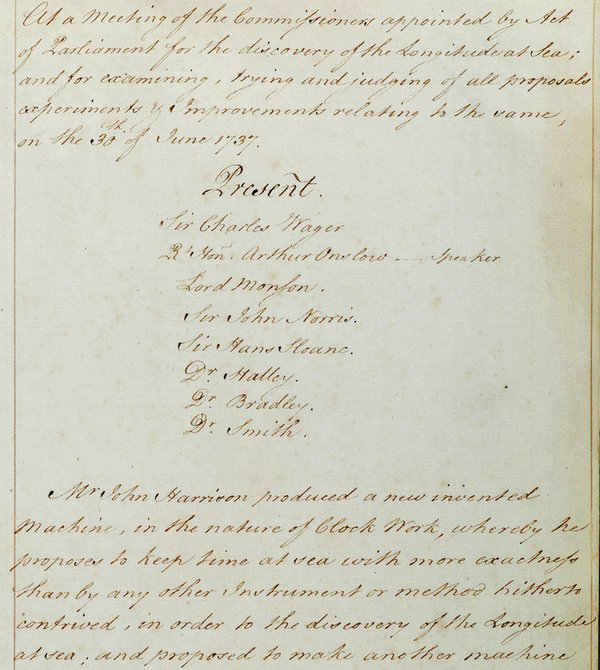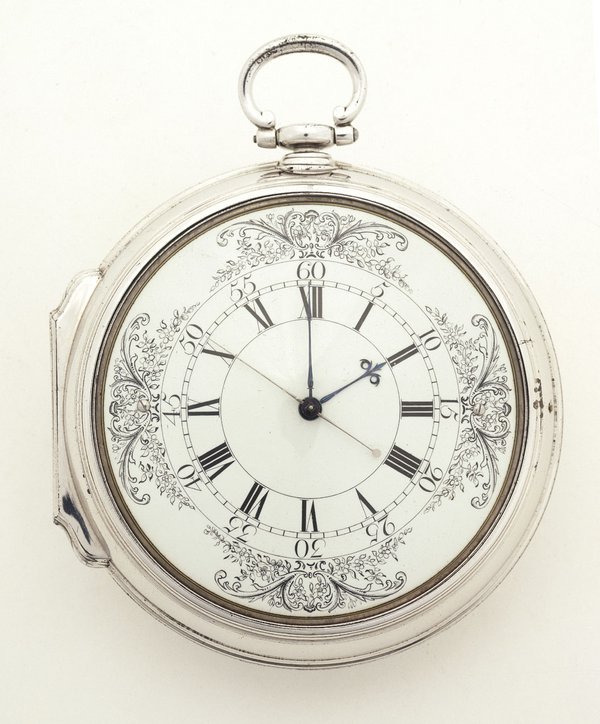John Harrison and the Board of Longitude go digital
This post was written by Richard Dunn
Last week, the Cambridge Digital Library launched some samples of material from the Board of Longitude archive that will interest anyone wanting to know more about John Harrison, the Board of Longitude and the development of timekeeping at sea (among many other things).


Three volumes from the Board’s archive have just been put up: the first volume of confirmed minutes (1737-1779), which includes a full transcription and covers all the meetings involving John Harrison; William Wales’s log from James Cook’s second voyage (1772-75), on which Larcum Kendall’s first marine timekeeper (K1) was tested alongside three by John Arnold; and a group of letters and reports by astronomers and captains from late-18th and early 19th century voyages of discovery.
For all three volumes, there are also links with the collections at Royal Museums Greenwich.

The trial launch is part of a JISC-supported project, ‘Navigating Eighteenth Century Science and Technology: the Board of Longitude’. This is a collaboration between Royal Museums Greenwich and the University of Cambridge that is going to digitise all the surviving archives of the Board of Longitude and related material in Greenwich and Cambridge. The remaining material will go online during the summer of 2013.
The project team would like to get feedback on how the current version works and things they can do to improve it. There should be lots of interesting stuff in the three volumes now online, so please have a look and leave any comments via the feedback function on the Cambridge Digital Library.